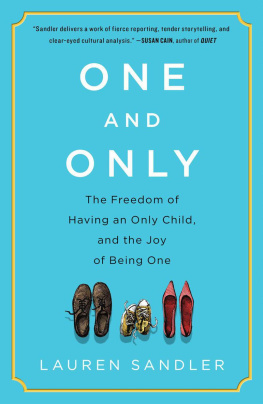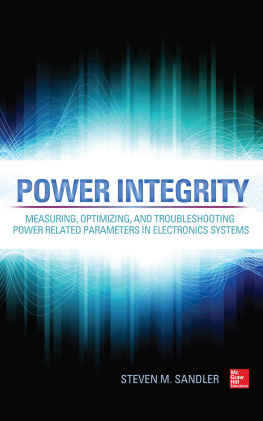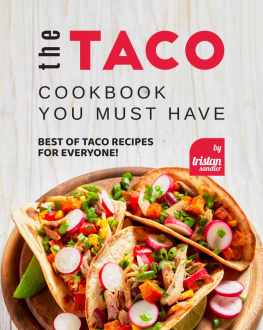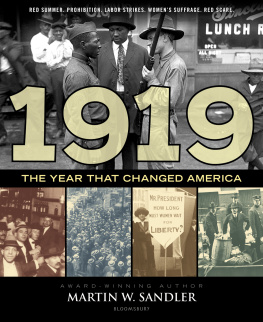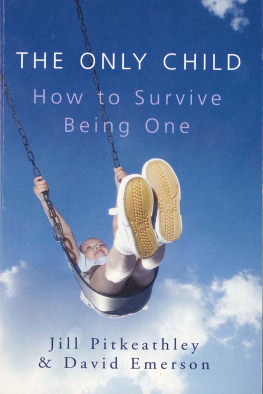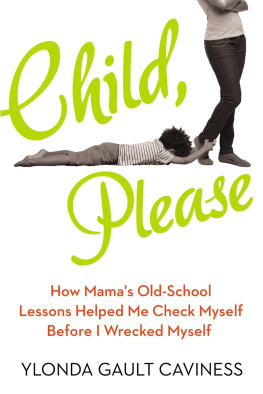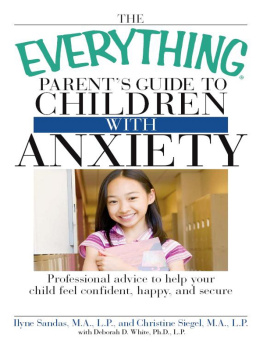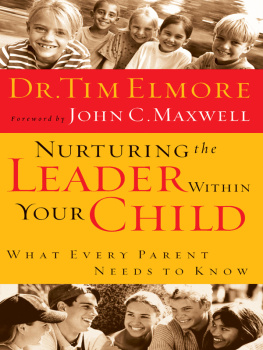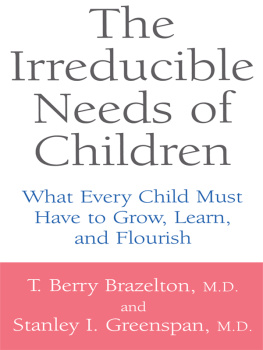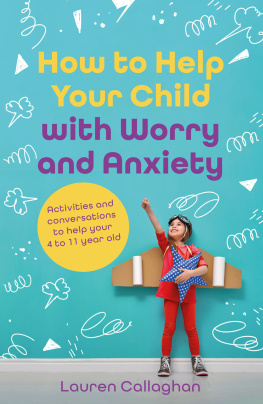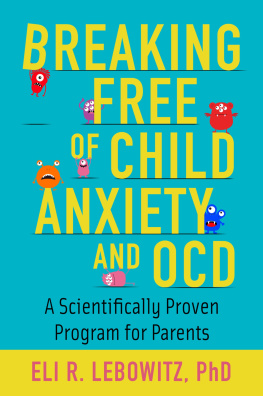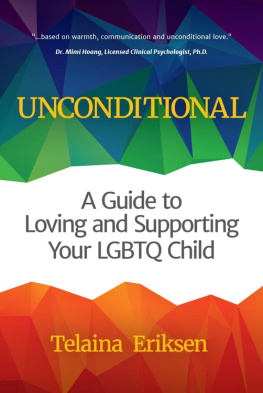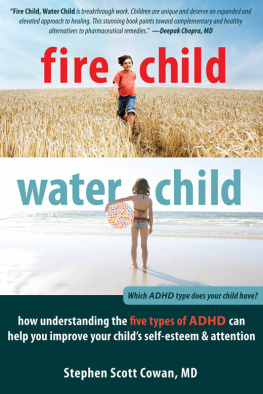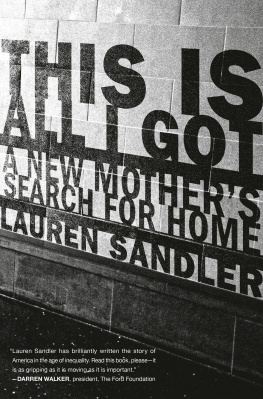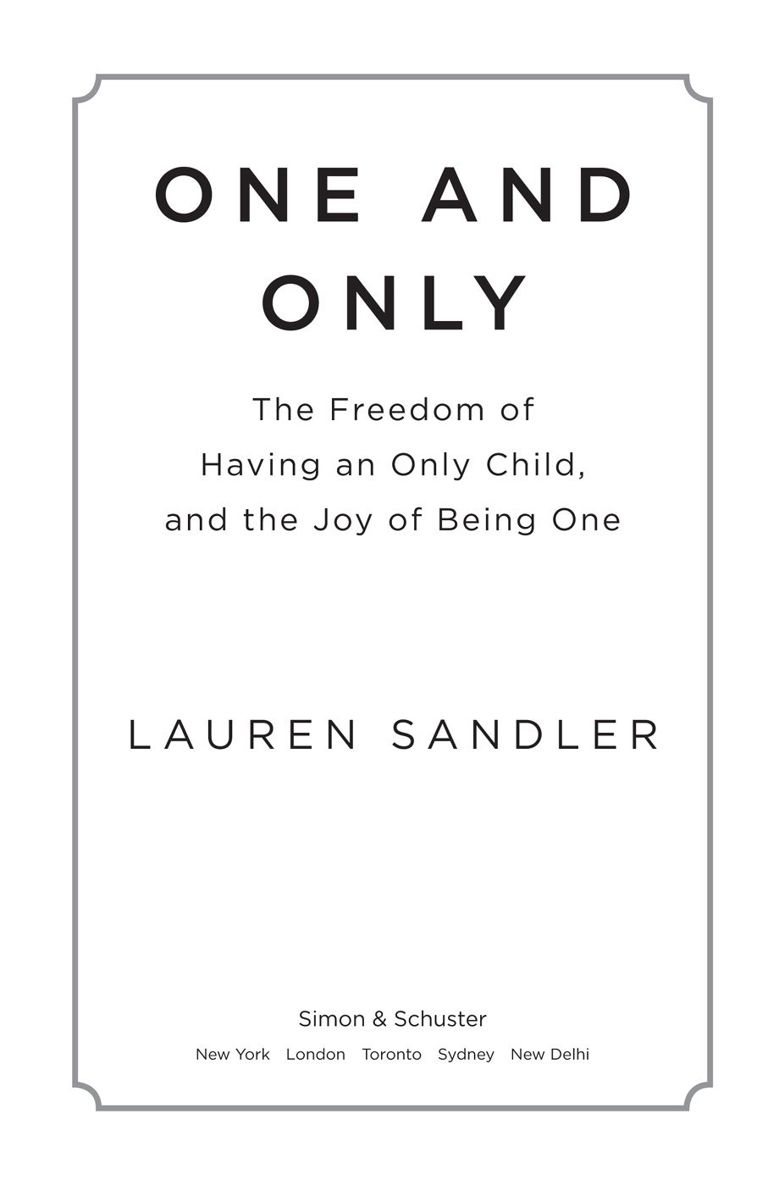Thank you for downloading this Simon & Schuster eBook.
Join our mailing list and get updates on new releases, deals, bonus content and other great books from Simon & Schuster.
C LICK H ERE T O S IGN U P
or visit us online to sign up at
eBookNews.SimonandSchuster.com
CONTENTS
FOR JUSTIN AND DAHLIA
INTRODUCTION
ITS NOT WHAT YOU THINK
T his is not a memoir, but to conform to whats expected of an only child, let me start with myself.
My mother was deeply devoted to raising me. To have a happy kid, she figured she needed to be a happy mother, and to be a happy mother, she needed to be a happy person. To do that, she had to preserve her authentic self, which she could not imagine doing with a second child.
It was all about me, she freely admits to me one night, in a way that simultaneously makes my chest swell with pride (feminism!) and my shoulders contract with a cringe (selfishness!). My parents are in Brooklyn for a weekend visit. Its getting close to midnight, and my mother and I are in our nightgowns, tucked under the covers of the sleep couch. My husband, Justin, and my dad are nursing their beers, feet propped up on the foot of the bed.
When you were three, she goes on, I thought I was pregnant. I stayed up all night making a pros and cons list. By morning, it was clear to me I couldnt have another kid. She easily recites the con litany: she could continue her career uninterrupted, stay in the apartment she loved instead of trading urbanity for a suburban existence, maintain a certain level of independence, and worry less about money.
I interrupt her to ask about the pro list. I have no idea what shes going to say. Shes never so much as suggested that there would be a competing list. Instead of replying, she continues, I just would have had to be a totally different person with another kid. My life would have utterly changed. Luckily, it turned out I wasnt pregnant.
I get that, Mom. I do. But what about the other list? Shes silent. My father studies the label on his beer bottle. Dad, what did you want? I ask.
My father looks up at me. I so loved parenting; I always wanted the experience to be varied, to go on, he says quietly. A vocal strain belies his next words: But you know me. Im not a regretful person. He looks back down at his bottle. What can I say, he says. The years passed. It became the choice. Here we are. He grins at me. Where we are isnt half bad, I might add. It just took me some time to get used to the idea.
It takes us all some time to get used to the idea. As only children, we have to get used to lacking something that the majority of people have for better or for worse. As parents who choose to stop at one, we have to get used to the nagging feeling that we are choosing for our own children something they can never undo. Were deciding not to know two kids splashing in the bubble bath, playing in the pile of raked leaves, whispering under the cover of darkness, teasing each other at the dinner table, holding hands at our funerals.
Everyone seems to think they know who we are, both singletons and parents of singletons. We are the selfish ones. I must be doubly so, as an only child myself, and the mother of one. Who else but an only child would have the sense of self-importance to write about being one, much less suggest that other people consider it for themselves? But after investigating the whole matter, let me offer this spoiler: I dont buy it.
Lonely. Selfish. Maladjusted. These are the words that Toni Falbo, the leading researcher in the small field of only child studies, uses to explain our image of only children. Falbo lists these characteristics so often, they tend to run together as a single word: lonelyselfishmaladjusted.
Why did this idea take hold? The academic basis of the miserable singleton specimen was the work of one man, who famously lectured, Being an only child is a disease in itself. Granville Stanley Hall was a leader of the late-nineteenth-century child-study movement and had a national network of study groups called Hall Clubs that spread his teachings. Not a bad way to disseminate his 1896 study, Of Peculiar and Exceptional Children, which described only children as permanent misfits. Never mind that Hall also openly fetishized his own agrarian, big-brood upbringing and disdained the smaller-family urbanity that was creeping into a rapidly industrializing country. Just consider that Halland every other fledgling psychologistknew close to nothing about credible research practices.
Yet for decades, academics and advice columnists alike spread his conclusion that an only child could not develop the same capacity for adjustment as children with siblings. Over-privileged, asocial, royally autonomous... self-centered, aloof and overly intellectual, is the culturally perceived unchallengeable given of the only child, as sociologist Judith Blake wrote in her 1989 book Family Size and Achievement, which attempted to scientifically dismantle aspects of the stereotype. Later generations of scholars tried to correct the record, but their findings never filtered into popular parenting discourse. The peculiar only child had permeated pop culture, from oddball sidekicks in eighties sitcoms to demon children in horror films. Hellion only children are legendary on screen: The Shining, The Exorcist, Friday the Thirteenth, and The Butcher Boy are all films that rely on a seriously psychotic singleton (yes, even Psycho ) to terrorize their innocent costars.
Its not just fright-fests that traffic in typecasting only children. Name a genre, and theres a list of characters to give the stereotype narrative heft and form: Tom Ripley, Veruca Salt, Eric Cartman. Even superheroes fit the stereotype, misfit loners incapable of truly connecting with citizens of the real world, suspicious in their overintelligence, often fighting against their privilege. Batman, Superman, Spider-Man, Iron Manonly children all. But this troubled image projected onto the popular consciousness can be complicated by the real-life heroism of some singletons whose ability to connect with others was central to their own superpowers: you might not know it, but Mahatma Gandhi, Eleanor Roosevelt, and Walter Cronkite were only children too.
Around the time my mother stayed awake on the couch with her pros and cons list, she met with the administrators of my nursery school to convince them to extend hours until six oclock in the evening, to accommodate the needs of working parents. The next morning a squadron of mothers cornered her at the door to the school. Wearing pajamas under their trench coats, they allowed her to drop me off before moving in for the attack. Weve been waiting for you, they said. They were fundamentally opposed to her suggestion of an extended day. We wanted to tell you our children are our only priority.
During an interview with British psychologist Bernice Sorensen, who wrote a book called The Only-Child Experience & Adulthood, I mention that my mother chose to stop at one and I am considering the same for my family. Her response is to snap, So, your mother is a narcissist, and youre one too if you make that choice, and you will probably ensure the same future for your daughter. Isnt that what youre telling me? Lets just say shes one singleton who didnt enjoy the experience.
The majority of parents say they have second children for the sake of their first child, or at least thats what theyve told Gallup pollsters for decades. But its hard to imagine anything that can be reduced to a simple survey question, much less an issue that layers notions of family, happiness, responsibility, legacylife and death itself, when you think about it. Still, we all know that theres truth in this response: first children tend to be a choice parents make to fulfill their own lives and a second child tends to be a choice parents make to fulfill the life of their existing child.

